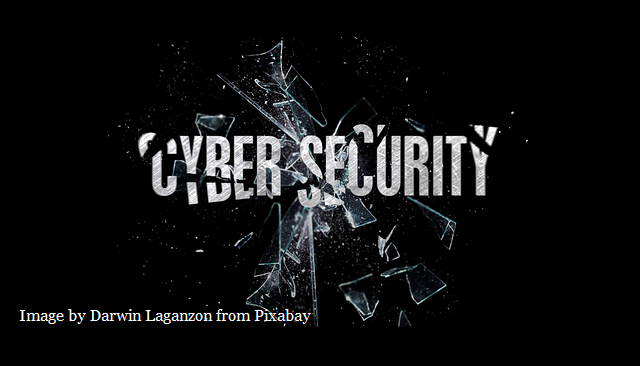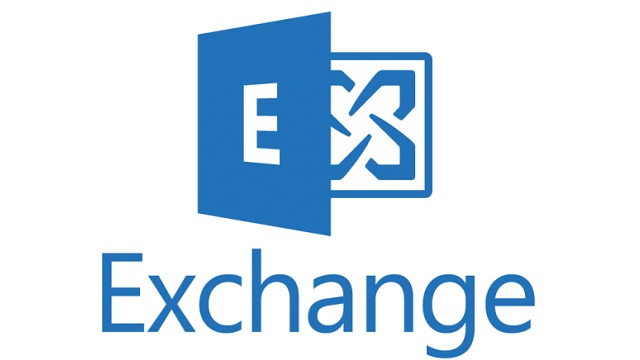
The social media platform has no problem boasting about interfering in elections for the Left—but a big problem with people objecting that it was done.
They’re going to silence us all, eventually, if they can. On Saturday, the sanctimonious and hypocritical censors of Twitter came for Gateway Pundit’s Jim Hoft, radio host Wayne Allyn Root, and freedom activist Pamela Geller. Their crime? It appears to have been the heinous act of skepticism toward the official line, specifically, their refusal to accept at face value the official line about the 2020 election.
Root said:
“I am in shock. It appears to be a permanent ban. Although I don’t know. Twitter never warned me. . . . And never sent any communication saying I’ve been suspended or banned. I simply tried to tweet yesterday afternoon and could not. But unlike a previous suspension . . . My followers suddenly said 0.”
What Twitter wrote to Geller made clear what was going on:
Your account, PamelaGeller has been suspended for violating the Twitter rules.
Specifically, for:
Violating our rules about election integrity. You may not use Twitter’s services for the purpose of manipulating or interfering in elections. This includes posting or sharing content that may suppress voter turnout or mislead people about when, or how to vote.
Note that if you attempt to evade a permanent suspension by creating new accounts, we will suspend your new accounts. If you wish to appeal this suspension, please contact our support team.
Thanks,
Twitter
This is absurd from start to finish. Neither Pamela Geller nor Root nor Hoft did anything to “suppress voter turnout or mislead people about when, or how to vote.” Twitter apparently hasn’t even bothered to update its ban notice since before November 3. Nor did they do anything along the lines of “manipulating or interfering in elections.”
Still, there is no doubt that if Geller did take Twitter up on its magnanimous grant to her of a chance to appeal, the appeal would be denied. Twitter’s nameless, faceless wonks are judge, jury, and executioner, and no one can question their sagacity or righteousness of their decisions.
What Geller, Root, and Hoft did, of course, was simply report and highlight the many irregularities and unanswered questions surrounding the 2020 presidential election. Twitter, along with the other social media giants and the establishment media outlets, are labeling all questioning of the election as “lies” and are busy banning any suggestion that there was anything amiss about the election at all, without even bothering to explain all the issues. This is the way a guilty person who is trying to cover up his misdeeds acts, not the way a victor behaves when he knows he has won fair and square and is happy to set the record straight.
Meanwhile, these new bans came just two days after Time published an article titled, “The Secret History of the Shadow Campaign That Saved the 2020 Election.” In it, Time’s Molly Ball boasted of
a well-funded cabal of powerful people, ranging across industries and ideologies, working together behind the scenes to influence perceptions, change rules and laws, steer media coverage and control the flow of information. They were not rigging the election; they were fortifying it.
Not rigging the election, but fortifying it. Right. And how exactly does one “fortify” an election? From the looks of Ball’s article, by rigging it.
Ball presents abundant indications of manipulation and chicanery in a fulsome self-congratulatory tone that works assiduously to turn reality on its head. A photo of Detroit campaign workers covering the windows so that no one could see what they were doing as they counted the votes—not exactly a hallmark of a free and fair election—is spun with the caption: “Trump supporters seek to disrupt the vote count at Detroit’s TCF Center on Nov. 4.”
Ian Bassin, cofounder of Protect Democracy, is quoted boasting that “the system didn’t work magically. Democracy is not self-executing.” It has to be executed by someone else, and it looks as if Bassin and others like him were only too happy to serve as executioners.
Contrary to Bassin’s statement, our “democracy” (which, as you may know or should know, is—or was—actually a republic), is set up to be “self-executing,” that is, the process should not be more complicated than each candidate making his case before the voters, and the voters freely voting. Ball details how corporate interests silenced opposing views and manipulated laws to ensure their desired result, all while writing darkly about Trump and his “henchmen” attempting to steal the election and destroy our “democracy.”
Time and Molly Ball may not have intended it, but now the cat is out of the bag. So the next step of the political and media elites is to silence those who keep pointing out the abundant signs of voter fraud, claim that they’re “lying,” and that they have to be muzzled for the public good.
Hence the banning of Wayne Allyn Root, Jim Hoft, and Pamela Geller. But as of this writing, Molly Ball and Time still have their Twitter accounts. See, there is “manipulating or interfering in elections” and there is “manipulating or interfering in elections.” Twitter is fine with boasting about doing it for the Left. Twitter is not fine with people who oppose it pointing out that it was done.
It’s all reminiscent of an older charge that has been leveled against Pamela Geller: that of being an “Islamophobe.” When she would quote bloodthirsty Islamic jihadis justifying their actions by quoting the Koran, she—not the jihadis—was called an “Islamophobe.” Her words—not those of the Koran—were dismissed as “hate speech.”
It has all been a shell game from start to finish, and the game isn’t over. The Left has arrogated to itself the right to judge what can and cannot be said in the public square. The Hoft, Root, and Geller Twitter accounts are not the first casualties of their fascist suppression of dissent, and they won’t be the last. Freedom of speech? Pah! That is so 20th century. Don’t you want to join Molly Ball and Time in the brave new world, in which one saves democracy by destroying it? You may not ultimately have any choice, comrade.
RELATED ARTICLES:
Pompeo: Revoking Houthi terror designation is ‘gift to the Iranians,’ Houthis will ‘continue to foment terror’
California: Mother of San Bernardino jihad mass murderer gets home confinement and probation for destroying evidence
UK: Muslim bought sword, knife, body armor, rapped about murdering non-Muslims
UK: Illegal Muslim migrants housed in four-star hotel get free covid vaccines before British citizens
Palestinian Authority: Muslim with long record of terrorizing Christians tried to kill noted Christian physician
Ilhan Omar named Vice-Chair of House subcommittee on Africa, Global Health, and Global Human Rights
EDITORS NOTE: This Jihad Watch column is republished with permission. ©All rights reserved.















